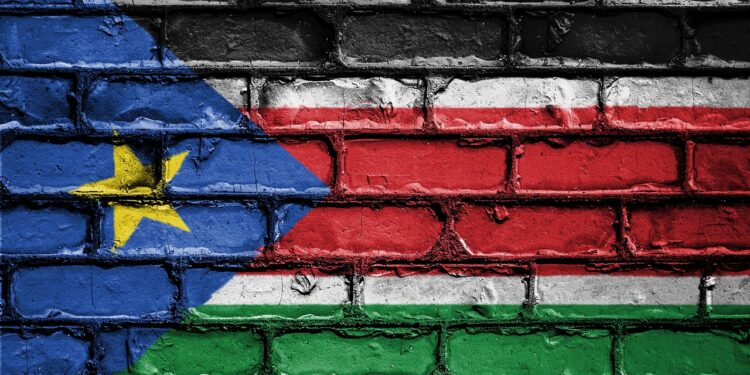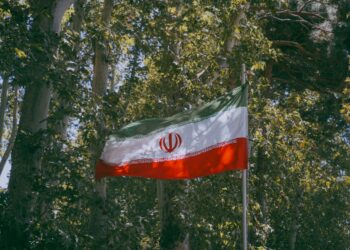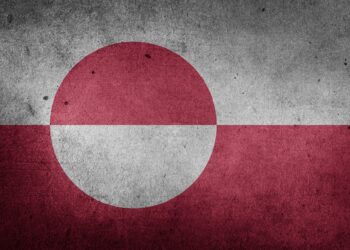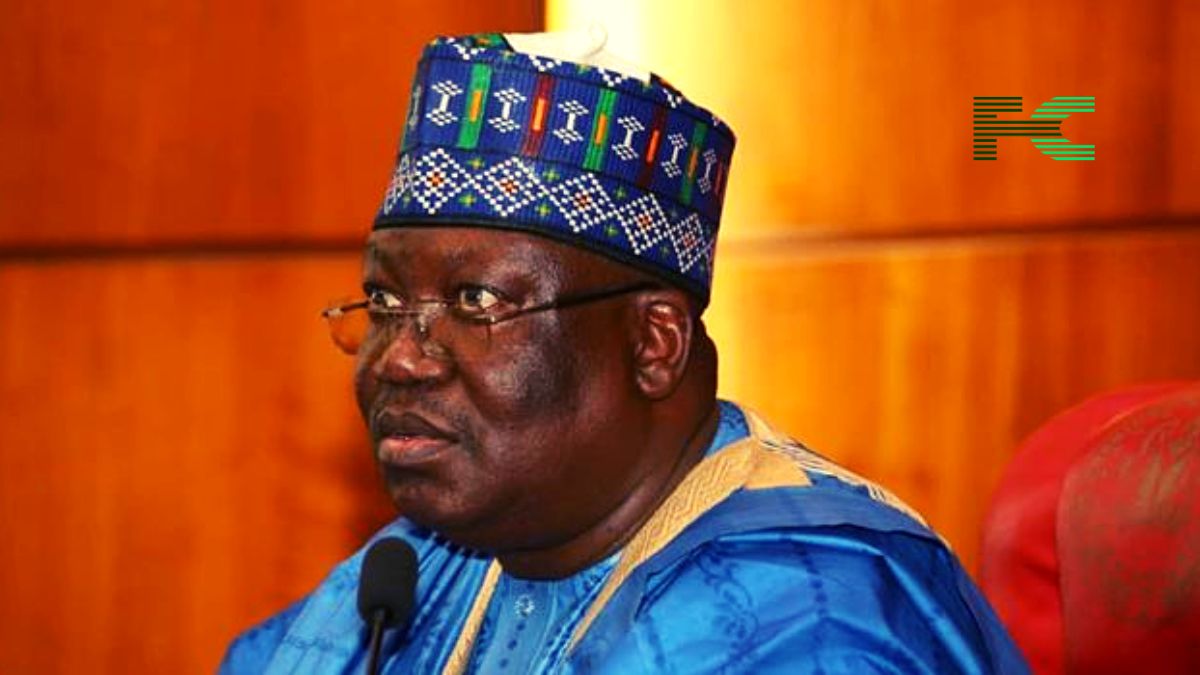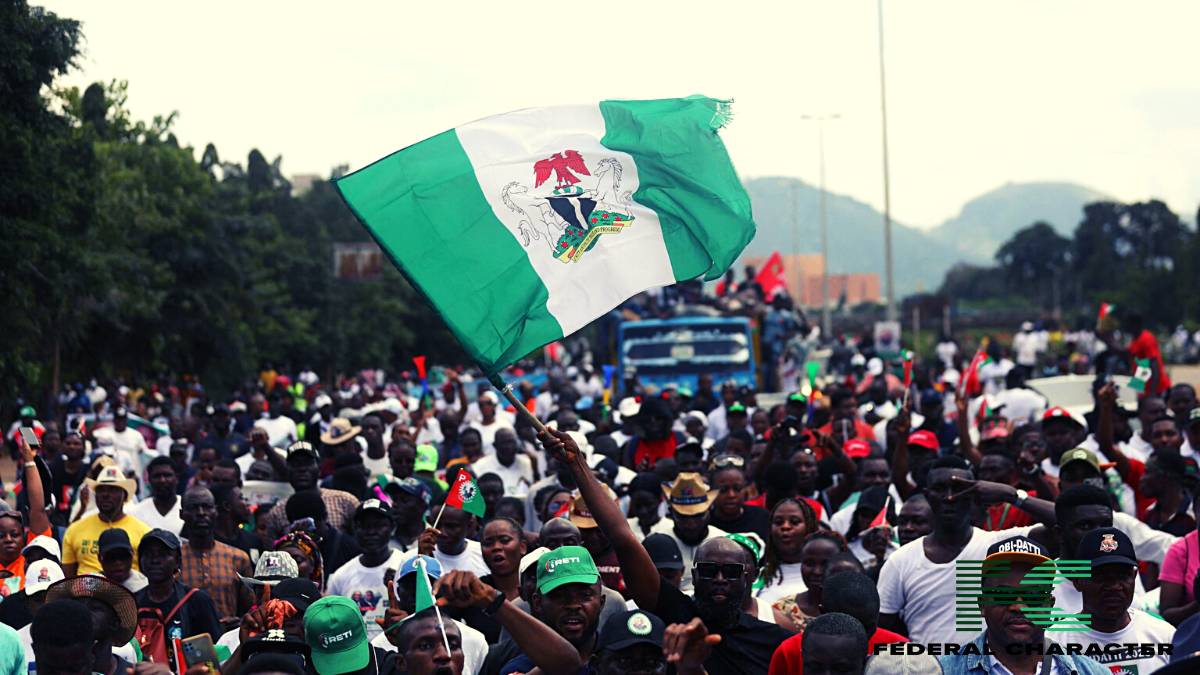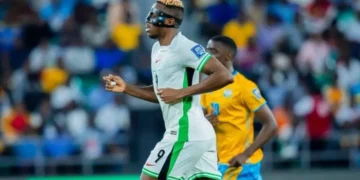The ruling by the special court in Juba—asserting its jurisdiction to prosecute suspended First Vice-President Riek Machar and his co-accused for crimes including murder and treason is not the triumph of justice some might think.
While the presiding judge, James Alala, correctly argues that the Hybrid Court for South Sudan mandated by the 2018 Peace Agreement has yet to be established, this legalistic loophole merely exposes the fragility of the entire Revitalized Peace Agreement (R-ARCSS).
Machar’s dismissal of the charges as a “political witch-hunt” is not paranoia; it is a sober assessment of a judiciary acting to consolidate the power of his decades-long rival, President Salva Kiir. This move is less about accountability for the tragic 250 casualties in the Nasir attack and more about neutralizing the chief political opposition ahead of crucial, albeit delayed, elections.
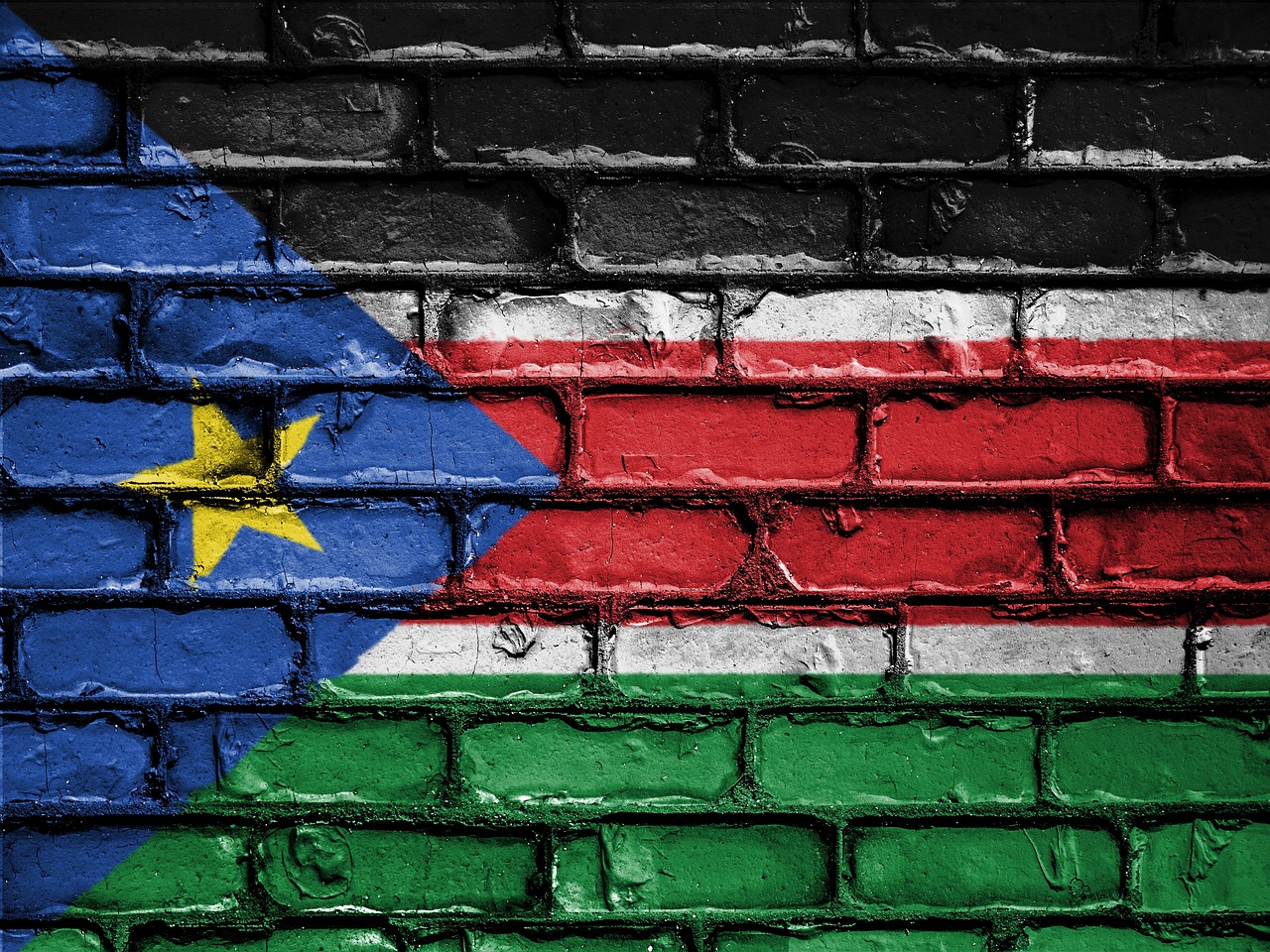
The court’s decision is fundamentally flawed in its perception of the peace process. The 2018 accord was not just a cease-fire; it was a pact to establish a Transitional Government of National Unity and a framework for transitional justice—including the Hybrid Court.
By proceeding with a national “special court” and dismissing the claim of immunity (arguing it only applies to the President) the government is weaponizing domestic law to achieve a political objective: sidelining Machar.
Furthermore, expelling two of Machar’s lawyers over a licensing dispute smacks of procedural bad faith, ensuring the process is tainted from the start. This trial is rapidly becoming an existential threat to the peace that has tenuously held the world’s newest country together.
Why It Matters
The fear of a return to the brutality of the civil war that claimed nearly 400,000 lives is tragically warranted. The international community (the UN, African Union (AU), and neighbouring nations) must move beyond simply “calling for calm” and implement concrete measures to pressure the government in Juba.

